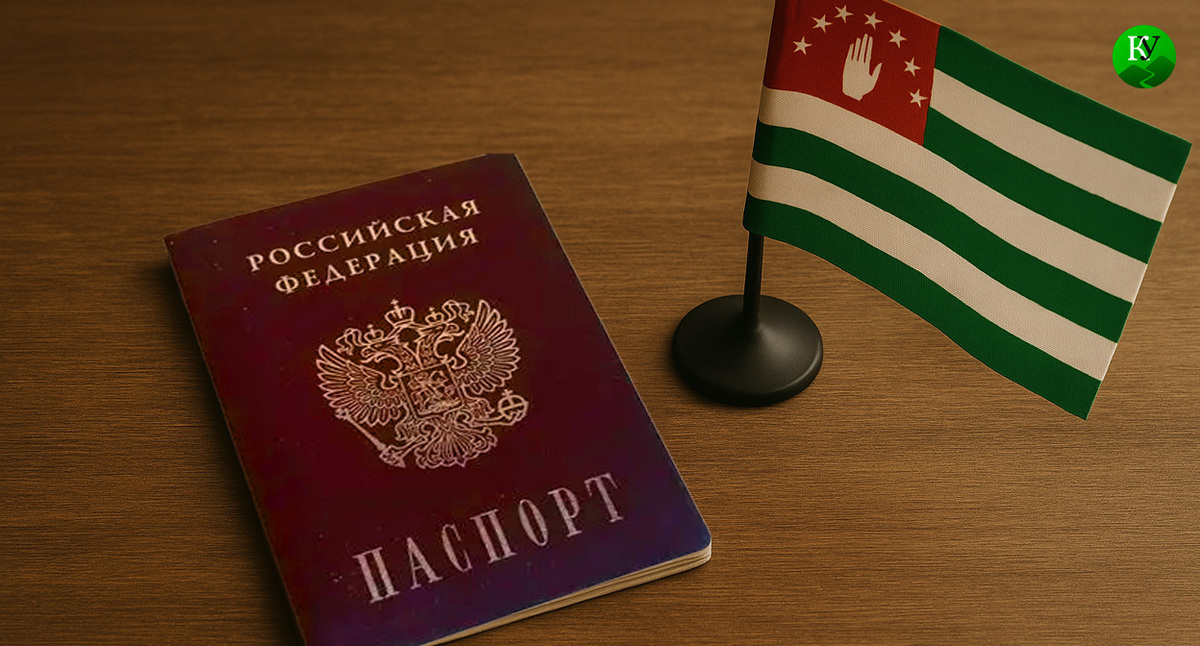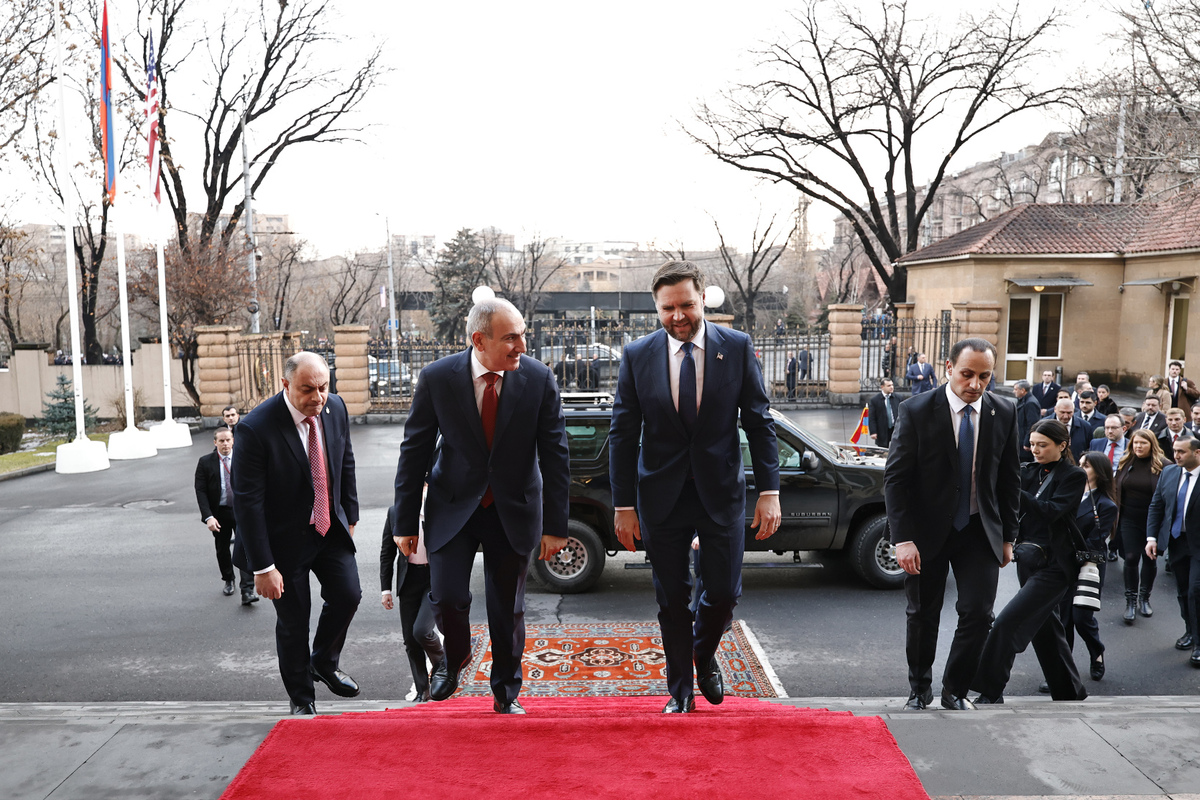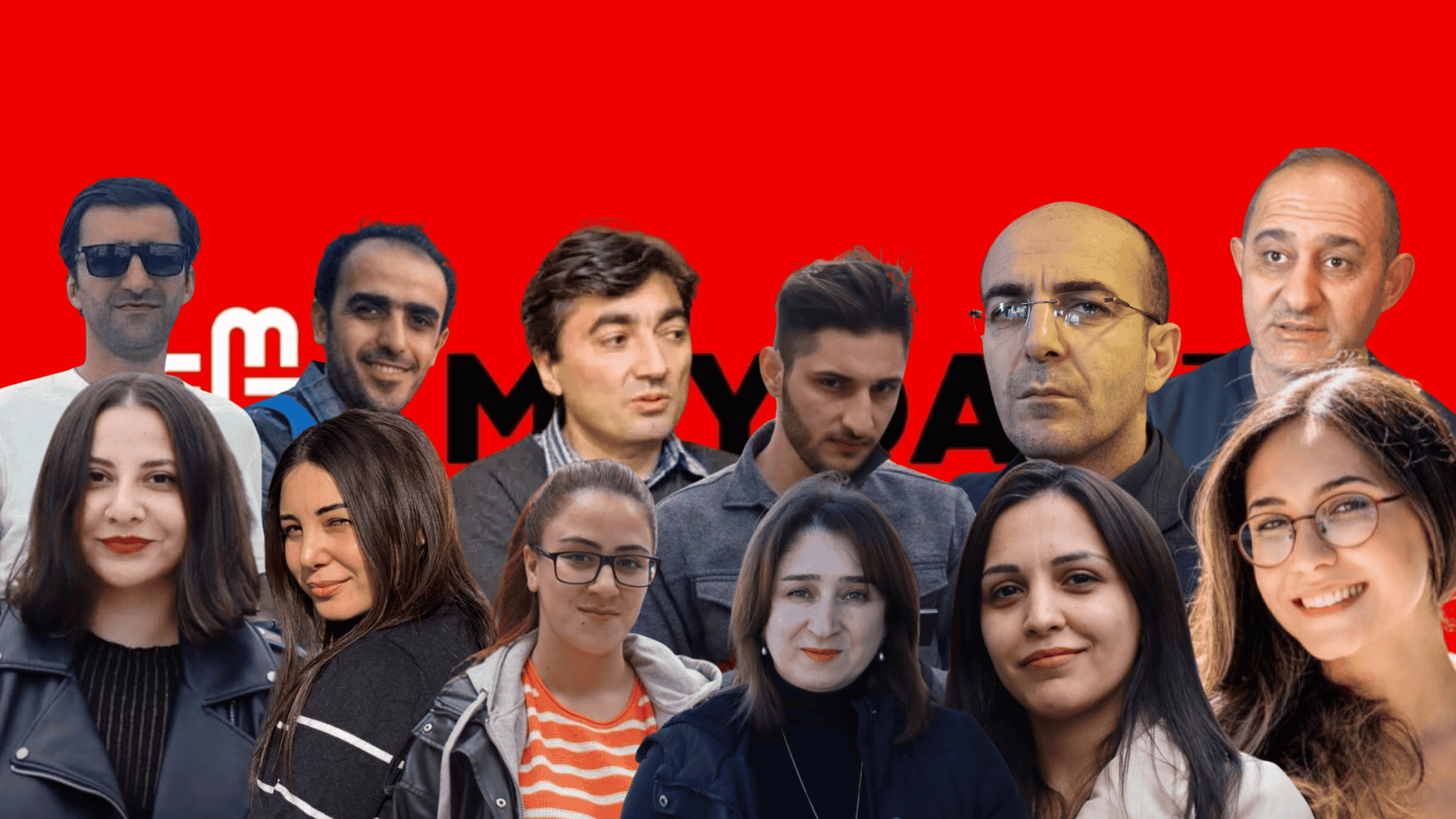Inal Khashig, Sukhum
What happened last Tuesday was bound to happen sooner or later. The Kosovo Football Federation was admitted as a member of the Union of European Football Associations (UEFA) at the UEFA Congress, in Budapest.
Despite the Kosovars settling their this with moans and groans, nearly half of the UEFA members were not so eager to view themselves as equals to the football players from a self-proclaimed territory (28 associations said ‘aye’, 24 ‘nay’, and two abstained from voting), nevertheless, the heated debates surrounding Kosovo’s membership will be forgotten long before the country’s national team plays its first official match under this new status.
In the parlance of pragmatic football proponents, ‘The game will be forgotten, but the result will remain.’
I consider myself a connoisseur rather than a pragmatic contemplator of the numbers on the scoreboard, and that’s the reason that the Kosovo issue intrigues me, because everything that happened in Budapest has a very comprehensive definition for the UEFA and for those who are aspiring towards membership in it – a ‘precedent has been set.’
I will not speak for others; they will certainly assert themselves, but the fact is that I, as an Abkhazian, have had a candle lit in my heart. The Abkhaz football can see light at the end of the tunnel.
Why is it possible for Kosovo and not for Abkhazia? This question will now be constantly looming before the UEFA.
Earlier, sports teams (including in football) that loved to flaunt their political apathy, one way or another created different kinds of obstacles of a political nature. This is probably the only explanation for one of the paragraph in the UEFA statute, stipulating the conditions for membership in the organization:
“Membership of UEFA is open to national football associations situated in the continent of Europe, based in a country which is recognised by the United Nations as an independent state, and which are responsible for the organisation and implementation of football-related matters in the territory of their country.
Let’s leave aside the Football Associations of Scotland, Northern Ireland and Wales. As the founding fathers of one of the most popular sports, they quite understandably stand beyond the rules.
Let us not forget Switzerland, even though it joined the UN only in 2002, while the clubs and the national team have been playing under international auspices for decades. Not only is the money of the great and the good saved in this country, but the UEFA and FIFA headquarters are also located there.
However, Kosovo is not a UN member. This country cannot boast of a banking system, inspiring confidence in those well-off. There isn’t a headquarters of even one single third-rate international sports organization (though the local real estate prices are several times lower than in the boring, but terribly expensive, Switzerland) in Kosovo, and it is less likely to be constructed in our lifetime. And, finally, I won’t even mention the Kosovars’ historical contribution to the history of football, since the Kosovars, themselves, do not expatiate about it much.
All things told, Kosovars immensely love football and want their footballers to play under the banner of Kosovo – a country exhausted by a succession of tremendous suffering in a struggle for its own unity, rather than for the national team of a hostile Serbia or a brigade from a blood-related Albania.
In short, the Football Federation of Abkhazia has got a chance.
The opinions expressed in this article convey the author’s views and terminology do not necessarily reflect the views or opinions of the editorial staff.
Published on: 10. 05. 2016




















